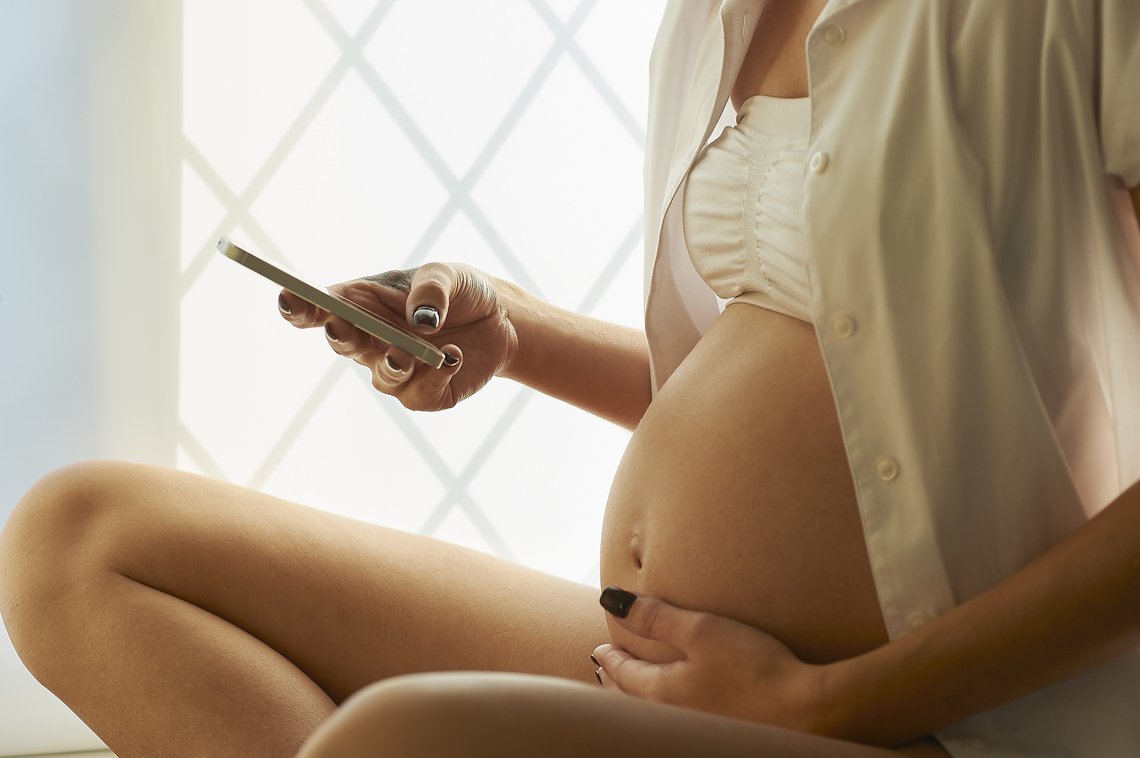'Perfect Mom': Could Instagram affect postpartum depression among new mothers?
mis à jour le 6 December 2017 à 10:51Instagram mommy influencers: are they inspirational or unrealistic?

With their curated, picture-perfect feed of that effortless "mommy glow", pictures of their seemingly tantrum-free children and impeccable homemaking and cooking skills that just scream "domestic bliss", Instagram mommy influencers are certainly the textbook definition of #MomGoals and the visual embodiment of the 'perfect mothers' we all strive to be.
But it appears that the myth of Instagram-perfect motherhood only feeds into an existing pressure that women face - that can have implications on the postpartum mental health of new mothers.
"The Goddess Myth"
In its October cover story, TIME magazine highlighted the “The Goddess Myth” phenomenon - i.e. the growing cultural pressures faced by women to “mother well”, and the emotional consequences of failing to live up that Instagram-worthy, social expectations of motherhood.
In their survey of 913 mothers, TIME found that half of all new moms experienced regret, shame, guilt or anger because of failing to meet these preconceived expectations (whether during pregnancy, birth or delivery), as well as a lack of support. These feelings rose from issues as grave as a near-fatal or birth complication to breastfeeding challenges like lactation difficulties - scenarios that don't fit into that "perfect mom" narrative. In fact, it's a consistent thread among the women surveyed: the vulnerability you feel when your reality and biology do not match up to your pregnancy ideals and best-laid motherhood plans.
Instagram & Postpartum Depression: Correlated or Cause?
It's important to note that while researchers found that traumatic birth experience can contribute to the likelihood of a postpartum mood disorder like postpartum depression or anxiety, there is no evidence to link unmet expectations to it. As such, while unmet expectations do correlate with PPD, they aren’t likely to cause it.
However, they concede that traumatic elements during birth are subjective and affects everyone differently. For one, women who have experienced other kinds of trauma in their lives, like a personal loss or abuse, are more likely to experience perinatal anxiety or depression, which are only worsened by motherhood-related disappointments.
Irregardless, doctors says it is important for mothers-to-be and their OBGYN to identify mental health symptoms during the pregnancy,, rather than after birth when the stakes are higher. So if you are conceiving, or know someone who is, and find that they may be at risk of a postpartum mood disorder, it's certainly time to call medical attention to it as soon as you can.
Whether or not following your favourite influencer moms on Instagram is helpful or a hindrance to your motherhood experience is still unclear. However, it's best to approach it with an understanding that ultimately, these feeds are a curated reflection of someone's life. And that hey - you're doing a great job as a mother, anyway.
Sarah Khan
READ MORE:
‘Money Dates’: An alternative date night idea essential for a healthy marriage
The ‘Fifth Trimester’: 9 Tips to successfully adjust back to work post-baby



